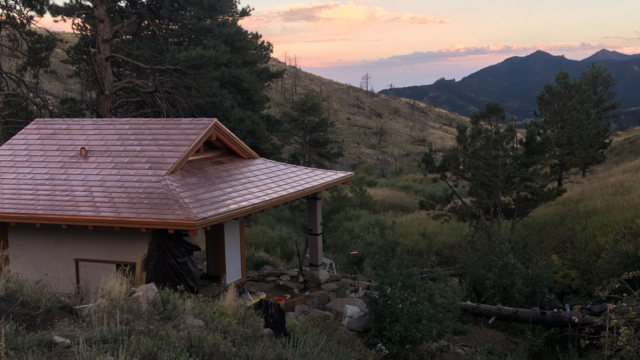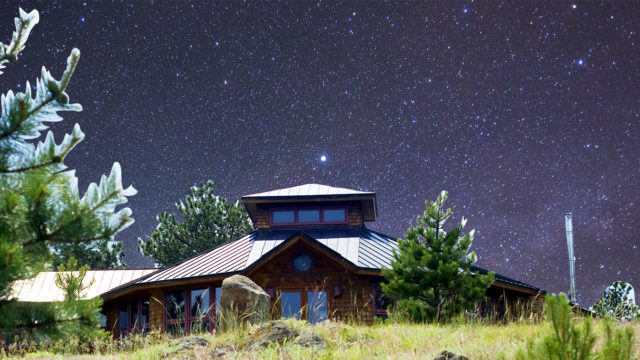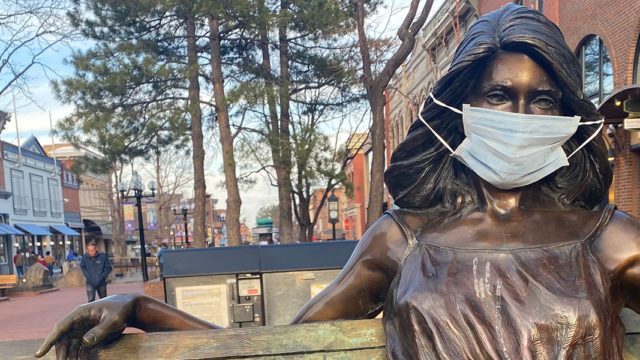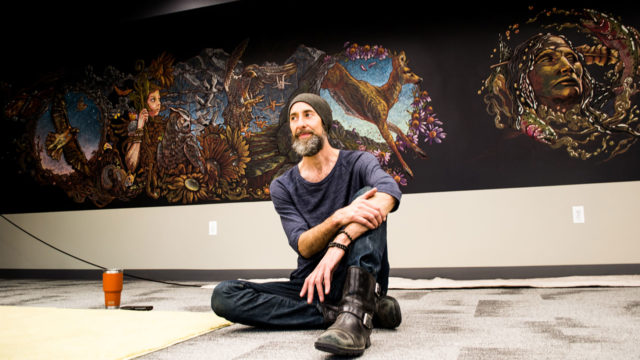Boulder’s holistic lifestyle leaves footprints everywhere. From physical and mental wellness-focused businesses to classic hubs like Trident — founded by some of Boulder’s early Buddhists — much of Boulder’s culture stems from the spiritual movement that took root here in the early 1970s and 80s.
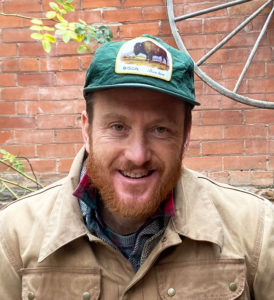
In fact, many of those who grew up in Boulder’s original Buddhist community now run their own local businesses, including Waylon Lewis, founder of Elephant Journal, launched in 2004, a subscription-based online publication and mindfulness community.
Read by millions of readers across the globe each month, Elephant Journal covers topics from love, loneliness and relationships to equal rights, health and wellness and spirituality.
Waylon also operates the Elephant Academy through Elephant Journal, a series of courses to help anybody learn how to write and go deeper into the mindful community. Though it has evolved over the years, the publication has essentially captured the feeling of “Old Boulder” and bottled it up as an ongoing shared community.
“Long before Boulder was known for tech and yoga,” says Waylon, “it was a Buddhist and science town, along with climbing and cycling.”
Waylon’s mom came from Los Angeles, his dad from New York; they met at a hippie Buddhist seminar in Jackson Hole, Wyoming, and moved to Boulder in the early 1970s.
As the city attracted freethinkers, writers and psychologists, the group of Shambhala Buddhists led by Chogyam Trungpa held their first Naropa session the summer of 1974, and his parents attended as students. Waylon came into the world that July, on the one off-day between the two seminar sessions; he is named after Philip Whalen, a beat poet and Zen Buddhist.
Brought up in the Buddhist community, Waylon says he had a rich and colorful childhood though he grew up poor. He went through all the Buddhist programs for kids and attended the summer Shambhala Sun Camp each year, and played with the other children of Buddhist and hippie parents.
[Exploring ‘Old Boulder’ spirituality through its 2nd generation]
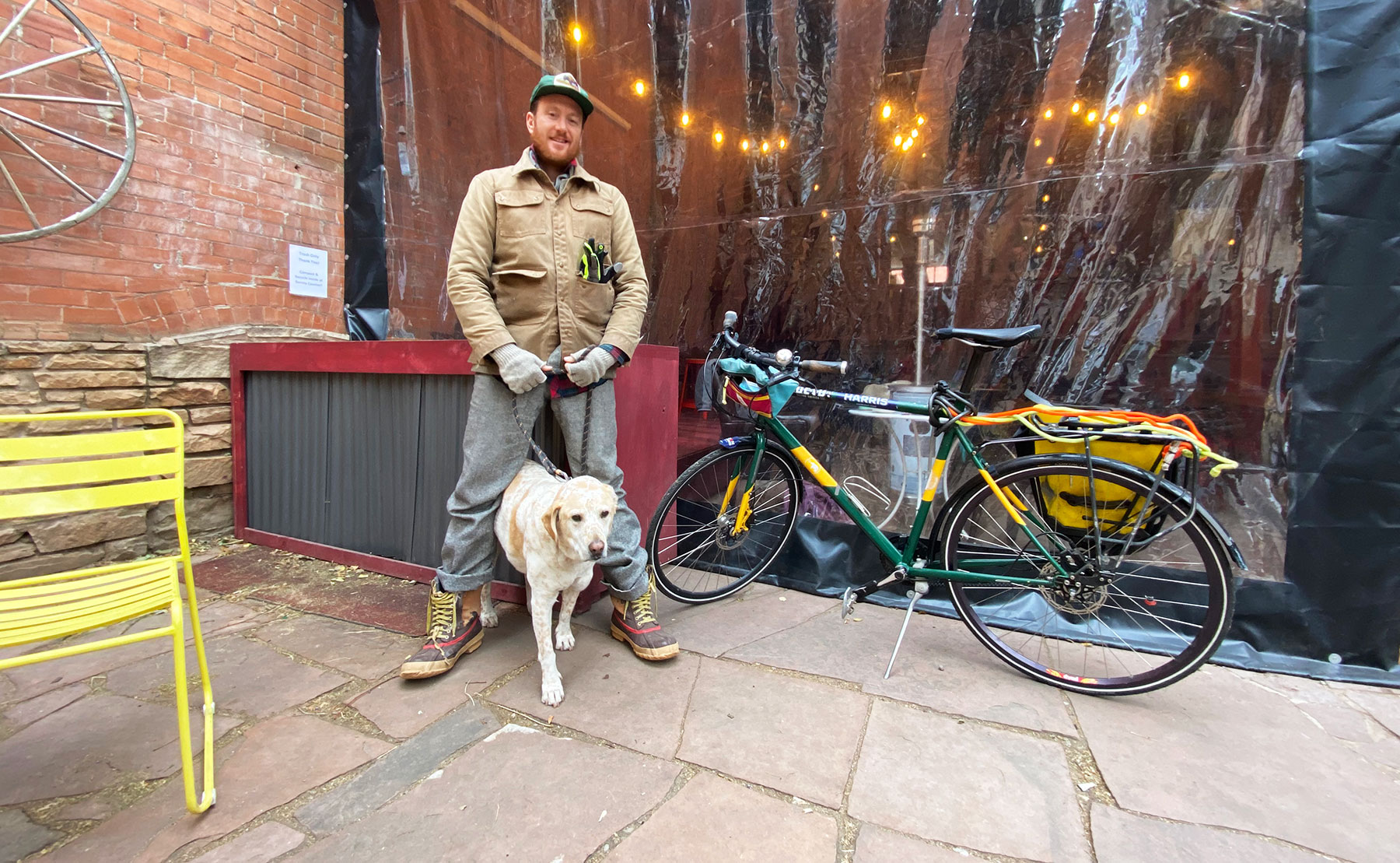
‘Dharma Brat’ to founder
Though Waylon grew up immersed in Boulder’s Buddhist community, it wasn’t until he lived at a Buddhist retreat center in Vermont while attending a high school he says had a Dead Poet Society flavor that he personally came to it. Around age 17, Waylon found meditation.
“I was like, ‘maybe this meditation stuff isn’t just for weirdos,’” Waylon recalls. “I was such a wild horse and Dharma really helped me.”
After high school, he moved to Boston to study journalism and politics, and on breaks he’d go back to Vermont to study and practice Buddhism; it became a rock for him. In Boston, Waylon worked for Shambhala Publications, an independent publishing company that started in Berkeley and moved to Boulder and Boston. Waylon loved writing, but the pay was poor and the publication, run by older men, didn’t give younger writers a strong launchpad. He needed more; Waylon wanted to change the world, have money, raise a family.
He moved back to Boulder in 2000 and got a job at at Shambhala Mountain Center where he learned business, including program development and marketing. Still, Waylon wanted to write; his neighbor, a journalist, connected Waylon to Travis Robinson, who had started a new publication called Yoga in the Rockies. It hadn’t yet published its first issue, and Waylon soon became its editor and part-owner. Not before long, Travis quit and in 2003, Waylon suddenly became the publication’s full owner.
“I always said he was smarter than me,” laughed Waylon. “He saw we wouldn’t make a living for a long time!”
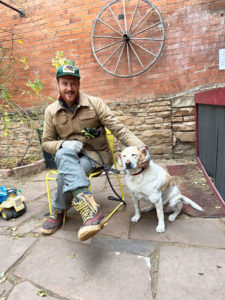
Though he didn’t necessarily care about yoga in itself, or the Rockies; Waylon wanted the magazine to embody anything yogis might care about — “writing about ‘the mindful life.’”
In 2004, Waylon changed the name to Elephant Journal, and for the next four years would continue to publish quarterly issues on eco-print paper, growing everything gradually, completely self-funded, and making it work by eating day-old muffins from Breadworks Bakery & Cafe.
“I realized I was good at writing and connecting with people,” Waylon tells BLDRfly. “I could sell ads. I remember when I first started with Yoga in the Rockies, I was sitting at this crappy desk making crappy money and thought, ‘I’m good at this. I can make this happen.’”
Elephant Journal’s success did not happen overnight. After a few successful years, Waylon made the decision to go purely digital in 2008. All of Elephant’s advertisers left and Waylon once again went broke, his house went into foreclosure; he slept on friends’ couches.
Today, Elephant Journal has 12 million Facebook fans on over 60 pages, and nearly 1 million Instagram followers between five accounts. Elephant just moved its headquarters to 1035 Pearl Street; the company has had between 25 and 35 employees for the last six years, and its staff works from all over the world.
What made it work? “Consistency and refusal to give up,” Waylon says. Waylon also attributes Boulder and the community to Elephant Journal’s success.
“Half my writers and advertisers I met in line at Trident for coffee” he says. “This town, the Buddhists, the runners, the climbers, the techies, everyone has always been so supportive. So many times I’ve been discouraged or burnt out, and people meet me and help me out.”
[Trident’s move to employee ownership]
Header Image: Waylon Lewis out back of Trident Booksellers & Cafe. Image: Tatyana Sharpton.


